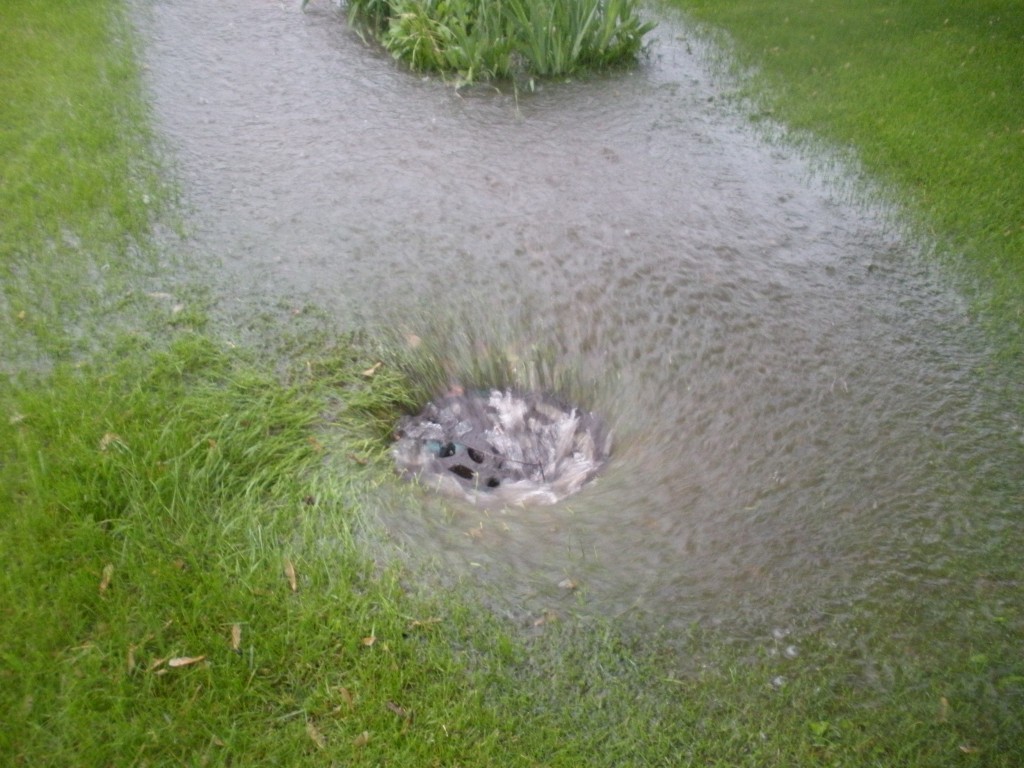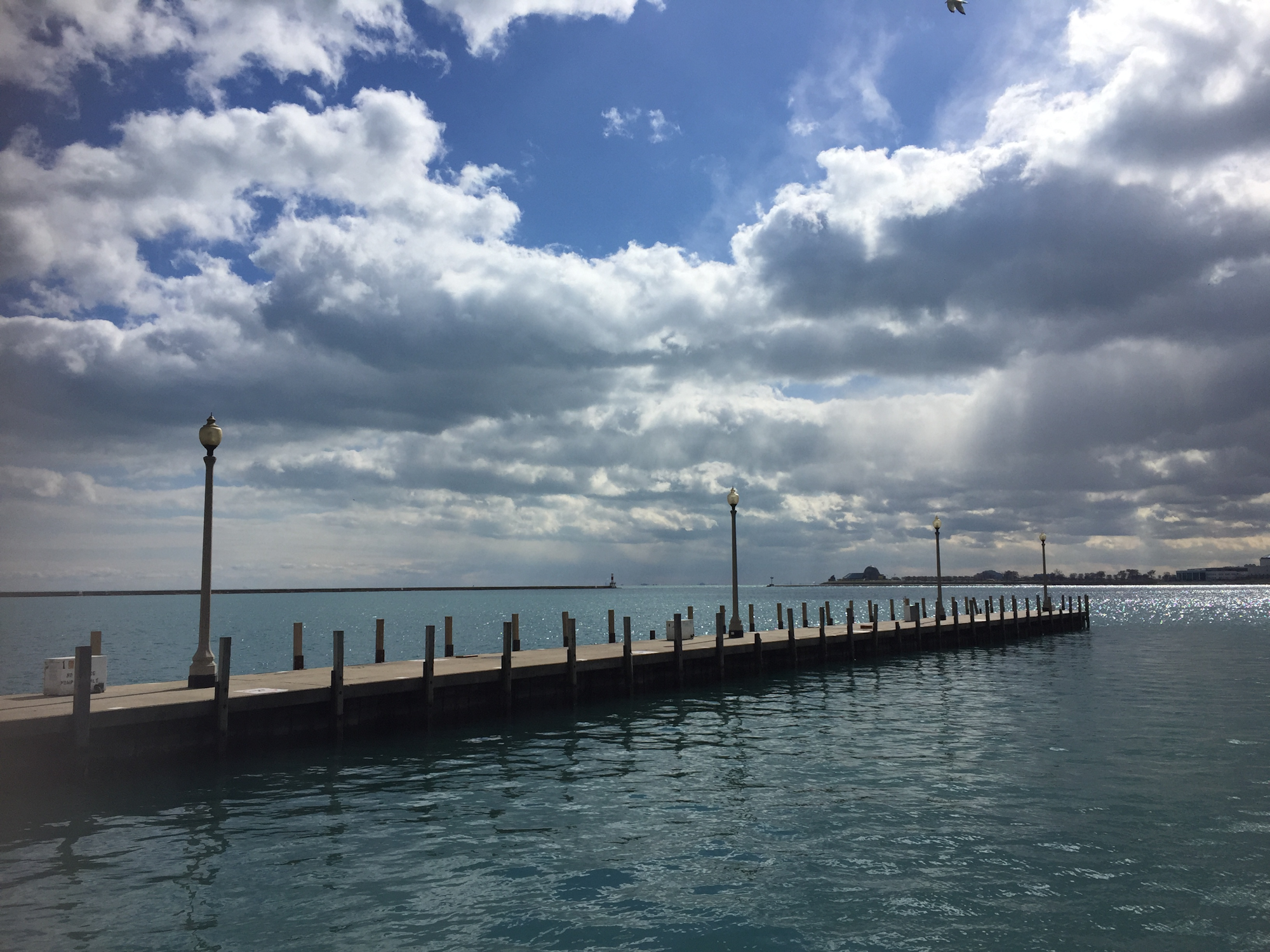 Just wanted to post a few quick thoughts/information about the status of the recent efforts to impose additional stormwater regulations throughout Illinois. Currently the task force we wrote about last year (Illinois Considers New Stormwater Regulations) is still meeting to discuss the comments they received. They have been working on addressing and looking into the issues everyone pointed out. And it appears the input they received is typical of what is being heard through the U.S. The bottom line is that imposing flow-based regulations related to stormwater will significantly increase costs with no guarantee of comparable benefits.
Just wanted to post a few quick thoughts/information about the status of the recent efforts to impose additional stormwater regulations throughout Illinois. Currently the task force we wrote about last year (Illinois Considers New Stormwater Regulations) is still meeting to discuss the comments they received. They have been working on addressing and looking into the issues everyone pointed out. And it appears the input they received is typical of what is being heard through the U.S. The bottom line is that imposing flow-based regulations related to stormwater will significantly increase costs with no guarantee of comparable benefits.
The other factor that seems to be related to all of this is a decision that was handed down to the EPA earlier this year by a Federal court. Here is an excerpt from the conclusion of that document (my emphasis added):
"Stormwater runoff is not a pollutant, so EPA is not authorized to regulate it via TMDL. Claiming that the stormwater maximum load is a surrogate for sediment, which is a pollutant and therefore regulable, does not bring stormwater within the ambit of EPA's TMDL authority. Whatever reason EPA has for thinking that a storm water flow rate TMDL is a better way of limiting sediment load than a sediment load TMDL, EPA cannot be allowed to exceed its clearly limited statutory authority." – Virginia DOT vs EPA ruling, full document
The critical point to know in all this is that while the USEPA has been told they cannot regulate stormwater flow as a method of regulating pollutants, states might be allowed to do so based on their own constitutions. Perhaps this is one reason the USEPA is so interested in getting states to pass these regulations – they know they cannot force this issue but are trying to convince the states to do so as a way to circumvent this restriction on their powers. Although at least one task force member did not seem to realize this – I was told last year by that member that during the facilitation of the proposed regulations, the USEPA representative told them they have to pass something so it is in place in time to meet the USEPA requirements. I am not sure if that representative truly believed that or not, but based on this ruling, it appears this would no longer be the case.
So why are we hurrying to pass a regulation that has not been developed or reviewed by a wide group of stakeholders who completely understand stormwater and its regulation and one that the majority of professionals in the industry has found to have significant problems? Perhaps it is time to take a step back and start again at the beginning by including on the task force people who truly understand stormwater, have decades of experience designing and regulating stormwater systems, and know the impacts of its regulation.


